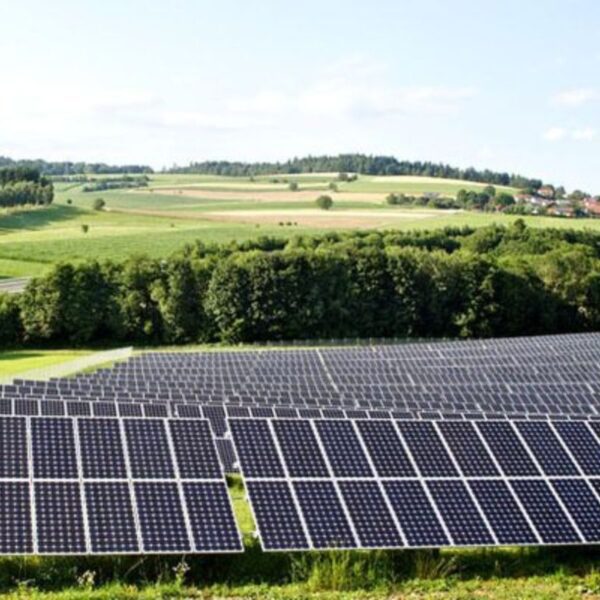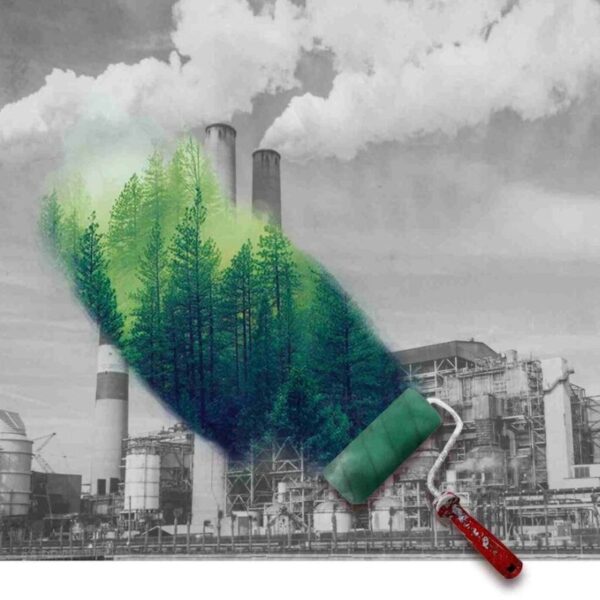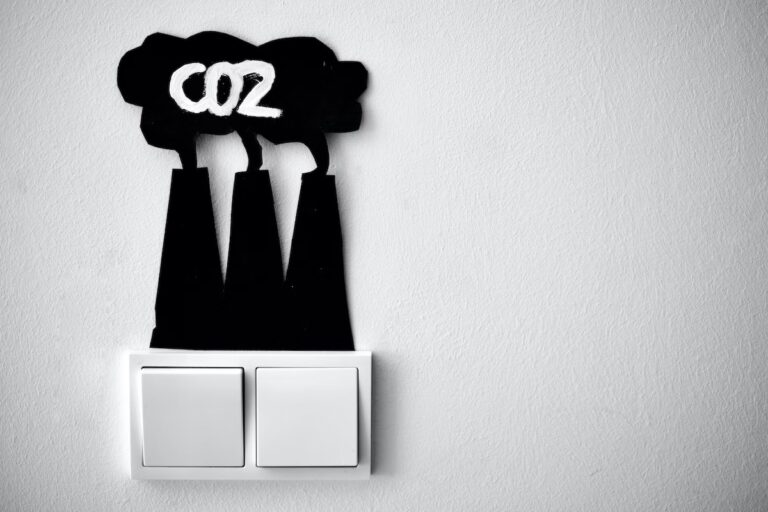The Berkeley-Haas Case Series is a collection of business case studies written by Haas faculty and published by California Management Review (opens in a new tab). Our culture and vision at the Haas School of Business naturally offer distinctive qualities to the Series, filling a gap in existing case offerings by drawing upon lessons from UC Berkeley’s rich history and prime location in the San Francisco Bay Area. We seek to publish cases that challenge conventional assumptions about business, science, culture, and politics.

UC Berkeley Chou Hall: Can the TRUE Zero Waste Team Overcome Challenges to Achieve Top Certification?
University of California Berkeley Haas School of Business’ Chou Hall sought TRUE Zero Waste certification on a short timeline with limited resources. Stakeholders including faculty, students, custodians, and visitors needed to change wasteful habits and divert waste from landfills.

Carbon Capture, Utilization, and Storage: Separating Fact From Fiction
In 2022, the United Nations stated “carbon capture, use and storage (CCUS) can play a significant role in mitigating carbon emissions.” Have decades-old pledges to stop fossil fuel use been replaced by capturing emissions?

Net Zero Climate Commitments: Realistic Goal or Branding Exercise?
Because there is no generally accepted definition of “Net Zero,” many companies have decided on their own which metrics are included in tracking their commitments. As a result, many questions around the validity of these claims and their true impact on climate change have been left unanswered.

Corporate Greenwashing: Are Environmental Claims Just Empty Promises?
Trust in corporate entitles comes into question since consumers, investors, employees, and other interested parties can’t be certain which environmental claims represent real impact on addressing climate change, and which claims are inconsequential.
This case was highly commended in the 2023 Financial Times Responsible Business Education Awards

Patagonia's Path to Carbon Neutrality by 2025
This case study describes Patagonia’s goal to become carbon neutral by 2025 in an absolute sense — that is to reduce emissions to zero while still growing the company. Patagonia also wants to achieve absolute carbon neutrality in such a way that other interested companies can replicate.
This case was a winner in the 2022 Financial Times Responsible Business Education Awards

Cancel Culture: Corporations Flock to Carbon Offsets to Solve their Climate Problem, but do Offsets Truly Reduce Emissions?
Are offset claims a dangerous distraction because companies can continue business as usual rather than make fundamental changes to their operations?
This case was highly commended in the 2023 Financial Times Responsible Business Education Awards
